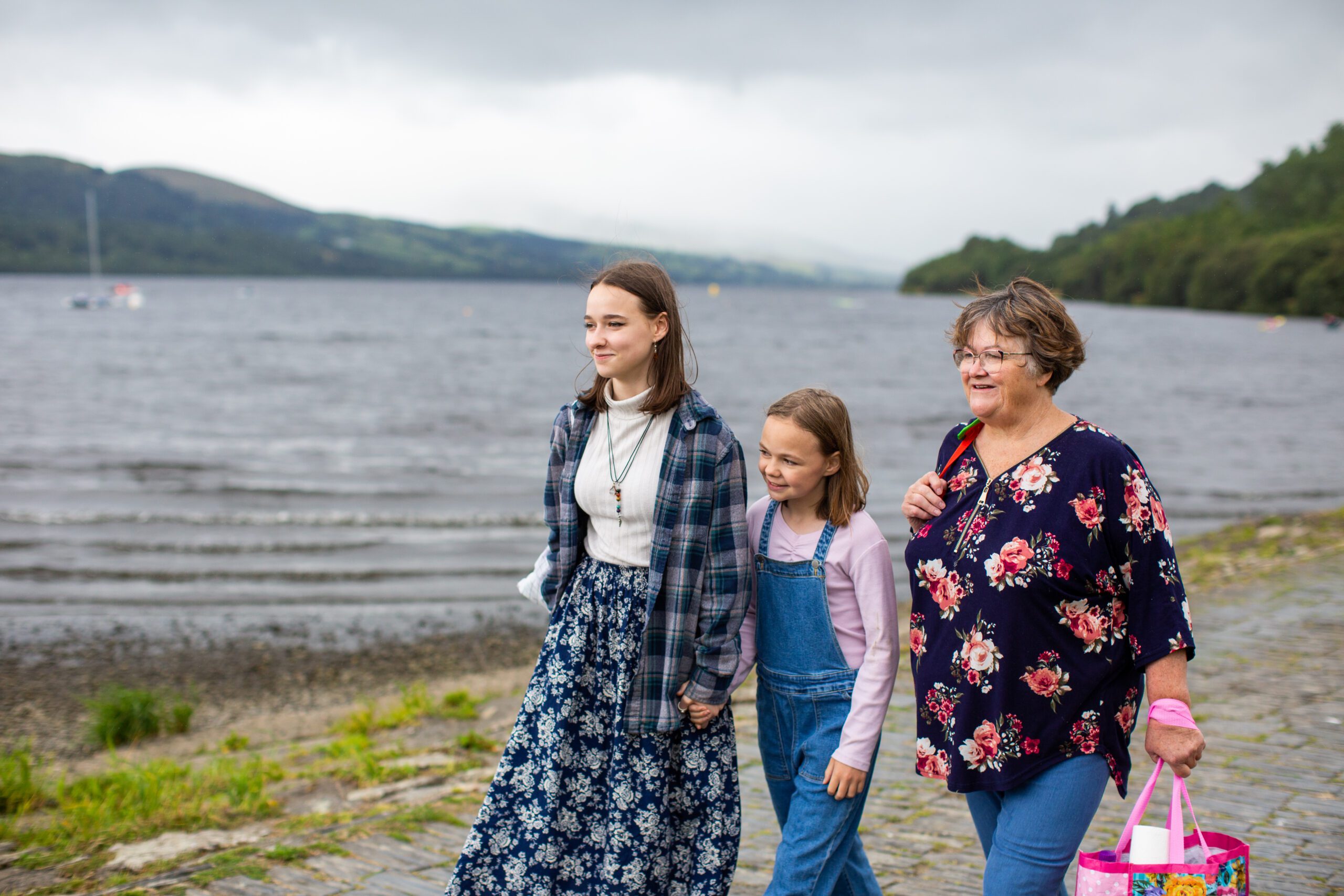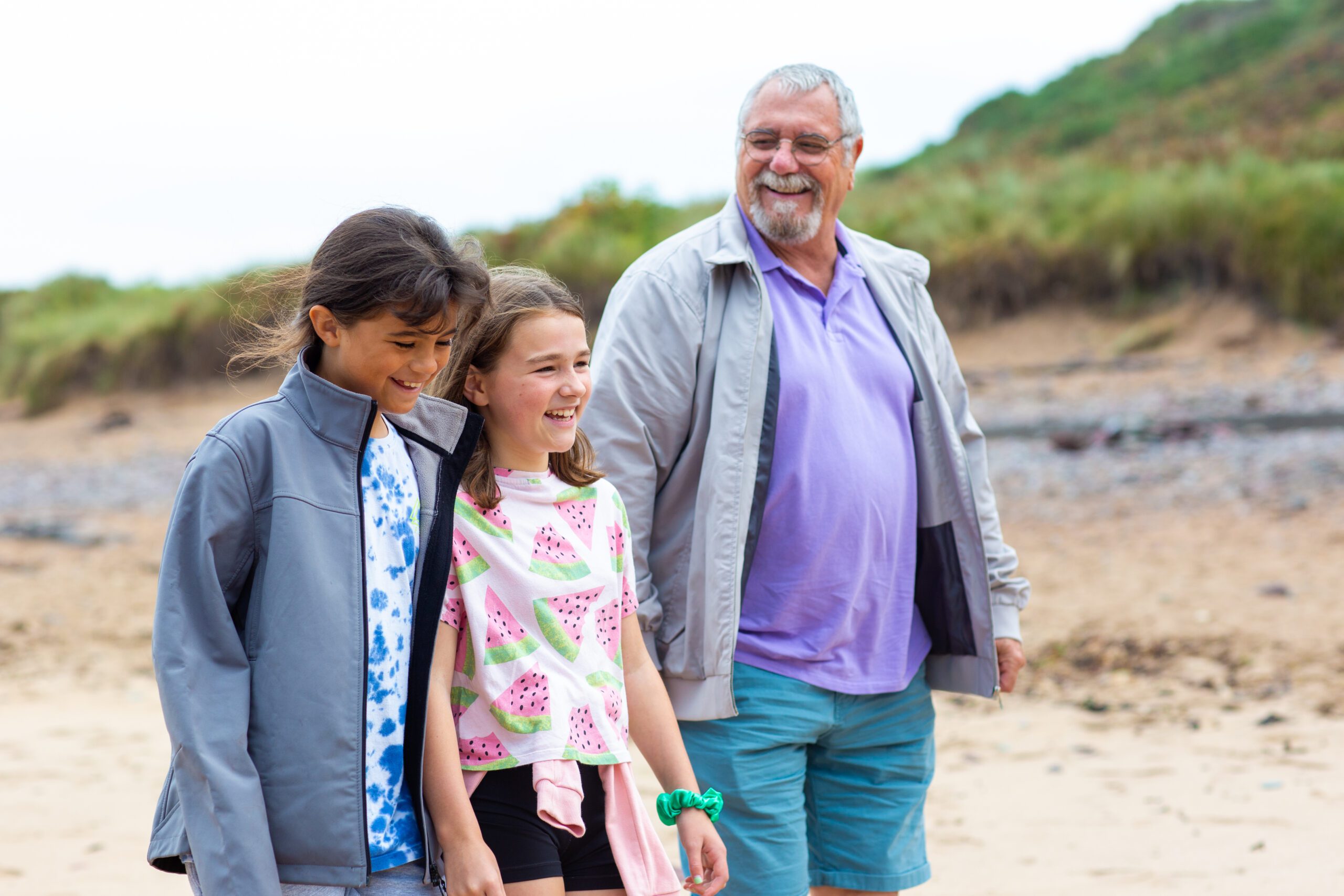what is foster care?
Here, we’ve rounded up all you need to know about what is fostering, and how it can make a very rewarding role which changes the life of one child, or many. Read more to learn what foster care is, and whether it’s right for you.
what is fostering?
Foster care is accepting a child as part of your family when they have to be away from their own. It means supporting them and providing them with a safe and loving place to live. It could be for a night, a month, a year, or several years. At its core, the meaning of fostering is a dedication to making a difference and changing the course of a child’s life.
A foster family can mean a fresh start and a new home, but this doesn’t mean erasing the past – the important bonds foster children have with their biological families are maintained, too.
Preserving friendships, familiar places, and everything that matters to the child is central to what we do. That’s why we will always prioritise keeping children in their local community if it’s the right thing for them.
The task of a foster carer is to make sure the child feels safe, supported, and happy. And our role is to support you, in every way we can.
Discover more fostering statistics in Wales.

what is a foster family?
There’s no such thing as a ‘typical’ foster family. We celebrate the diversity and uniqueness of our foster families. Fostering is about meeting the individual needs of each child in our care – they all need something different. That’s why, if you decide to become a foster carer, your circumstances can’t be compared to anyone else’s – everyone can bring something to the table.
‘Family’ simply refers to you, those living in your home with you, and your close relatives – like your own parents. Foster children receive a warm welcome from everyone involved.
Find out more about the different kinds of fostering.
why are children brought into foster care?
Just like there isn’t one classic foster family, what is a foster child is very individual. Young people enter our care for many reasons, often linked to events beyond their control.
From neglect, abuse, and family breakdowns to parental mental illness or substance abuse, what foster parents need to understand is that there are different factors at play which can make it unsafe for children to remain in their own homes.
A foster child isn’t defined by age, either. We have children of all ages in our care – from babies to teenagers, and even young parents with their own little one to look after.
Regardless of their circumstances, for them, the meaning of foster care will be the same – having a positive environment where they can nurture long-lasting relationships and build their confidence.
Read more about who needs fostering?

what is a foster home?
There can sometimes be confusion around what a foster home is, as it can refer to a foster family’s home, or be used as a synonym for a children’s home.
In the case of a foster family, what a foster home is goes beyond a simple roof over a child’s head; it’s a safe space where they feel supported, and can receive guidance as they move onto a more stable future. Having a stable, loving home environment and experiencing personal attention from foster parents can give children a real sense of belonging, nurturing positive relationships and allowing them to develop life skills.
A children’s home, meanwhile, refers to a setting where a number of children live together, supervised by experienced staff. These homes are crucial in helping give young people the essential care and structure they need. They can sometimes also be a better fit for older children, who are used to more independence in their home life, and can find a relationship with staff easier to navigate than being part of a foster family.
In some instances, young people might start in a children’s home – which helps them settle into a routine – then move into a family environment when they feel ready. That way, they can experience family life, and be better equipped if or when they have their own family in the future.
what is the role of a foster parent?
The role of a foster carer is shaped by every unique situation, and as they navigate life’s challenges alongside their foster children.
The foster care meaning encompasses day-to-day parenting tasks, emotional and physical, like helping with school, mealtimes and bedtime routines. Or more challenging tasks, such as supporting children with their feelings and emotions, staying connected to their birth families, backing teenagers as they transition to independence, or even teaching young people about parenting.
Discover more about what is the role of a foster carer?

FAQ’s
do foster parents get paid?
Yes, foster parents receive financial support – a set allowance for each foster child in their care, plus an added allowance for themselves. While, by definition, foster care isn’t about the money, these allowances are designed to help cover everyday outgoings, plus any additional expenses.
Beyond the generous financial allowances, foster carers have access to additional benefits, from local discounts to expert guidance and training opportunities.
Take a look at our Fostering Allowances and Support in Wales
who can foster?
As we mentioned earlier, there’s no one single definition of what a foster carer is. Our foster parents come from all walks of life, each shaping what is fostering in their own way.
Whether you’re single or in a relationship, living in your own home or renting, working full time or unemployed, what makes a foster family is the ability – and willingness – to give a child in need a stable, loving, and supportive home.
We don’t have strict requirements around age, gender, sexual orientation, or marital status, and having pets, or even your own children, is not an obstacle to becoming a foster carer.
Here are more details on who can foster.
what are the different types of foster care?
What foster care is best for a child depends on their unique needs, so there are several types of fostering for different situations.
For more insights, take a look at our breakdown of types of fostering.

the benefits of fostering with foster wales
With Foster Wales, fostering means joining a supportive community that prepares you for the delights and challenges of what it is to be a foster carer.
As a network of local authority services, we ensure you’re never alone – there is always a foster care expert who can offer advice, from your first application to ongoing support for foster parents.
We are committed to the well-being of our children, striving to keep them with foster families in their local communities whenever possible.
Every child we match you with is the responsibility of their local authority – so we’ll have a wealth of information on their history, which we can access at any time to provide more context for their behaviours and better equip you to support their well-being.
And, as a non-profit organisation, all our resources go directly into providing the best care and building a brighter future for young people across Wales.
Discover more reasons why to choose us.
how to become a foster carer
If you’re unsure of the foster care application journey, we’re here to help – you can contact us by phone, email, or online form, and we’ll provide expert guidance every step of the way.
Simply find your local authority and reach out. Our teams have invaluable knowledge of the children in their care and can provide all the information you need, supporting you through the process of becoming a foster carer.
